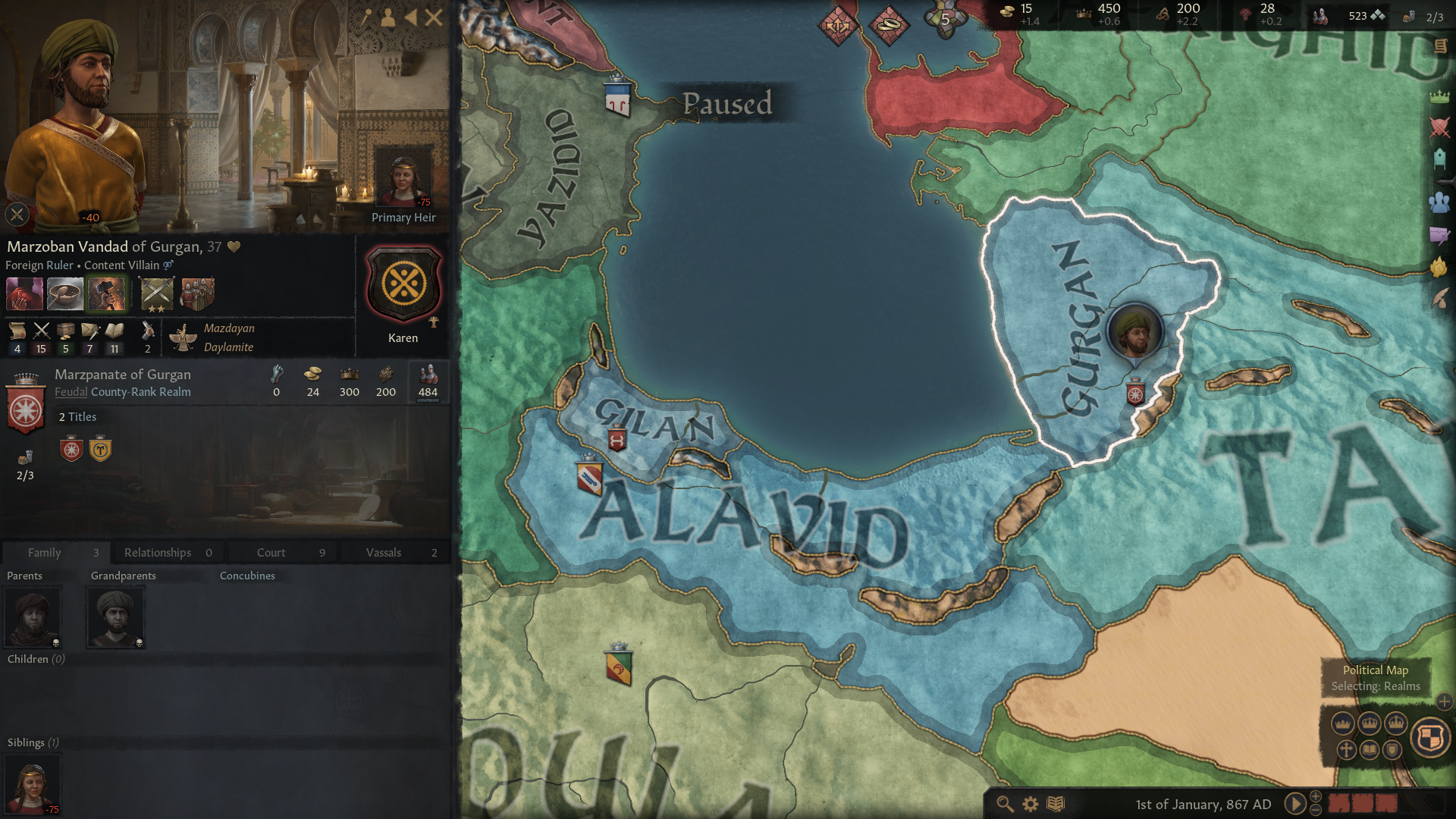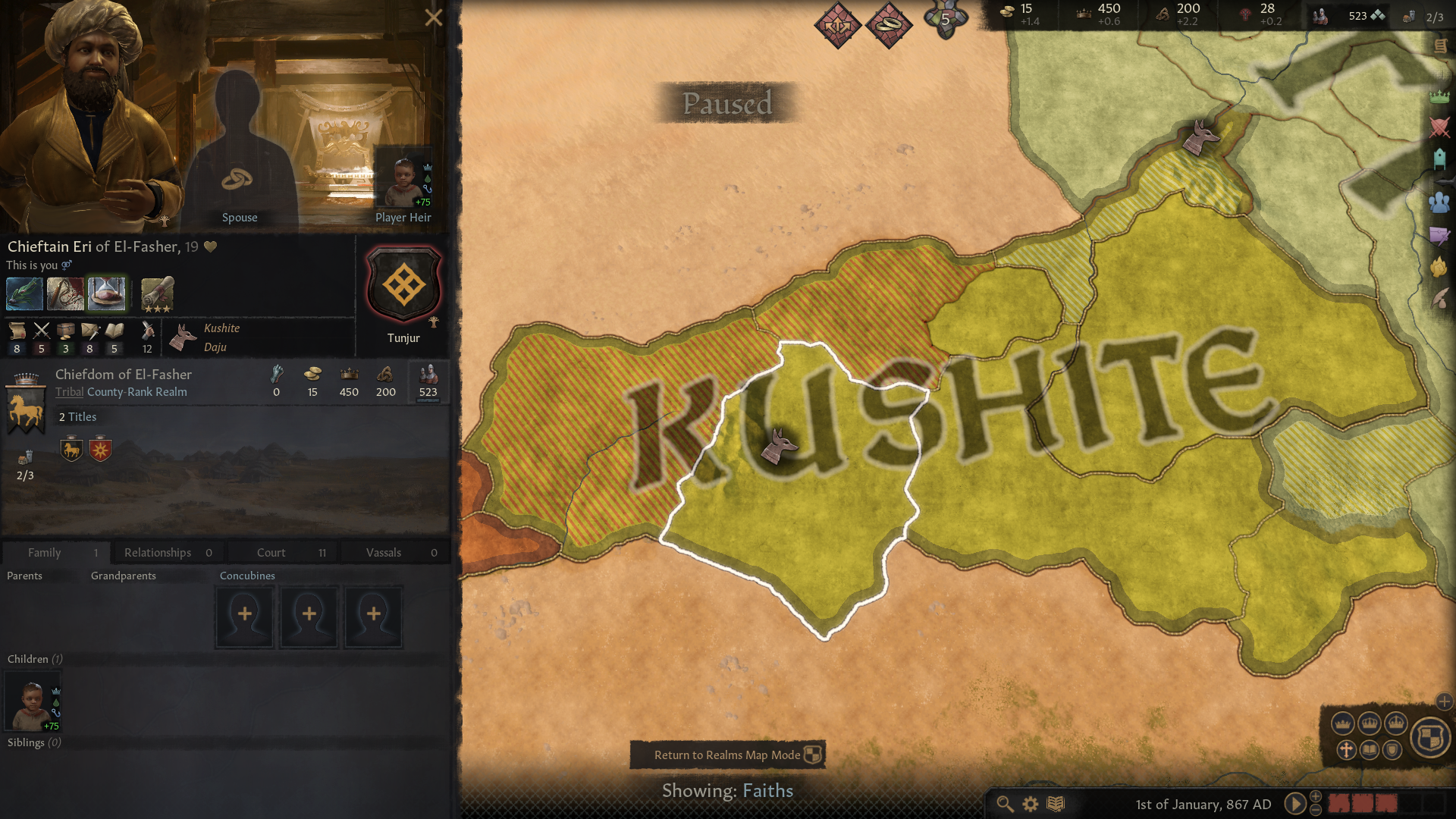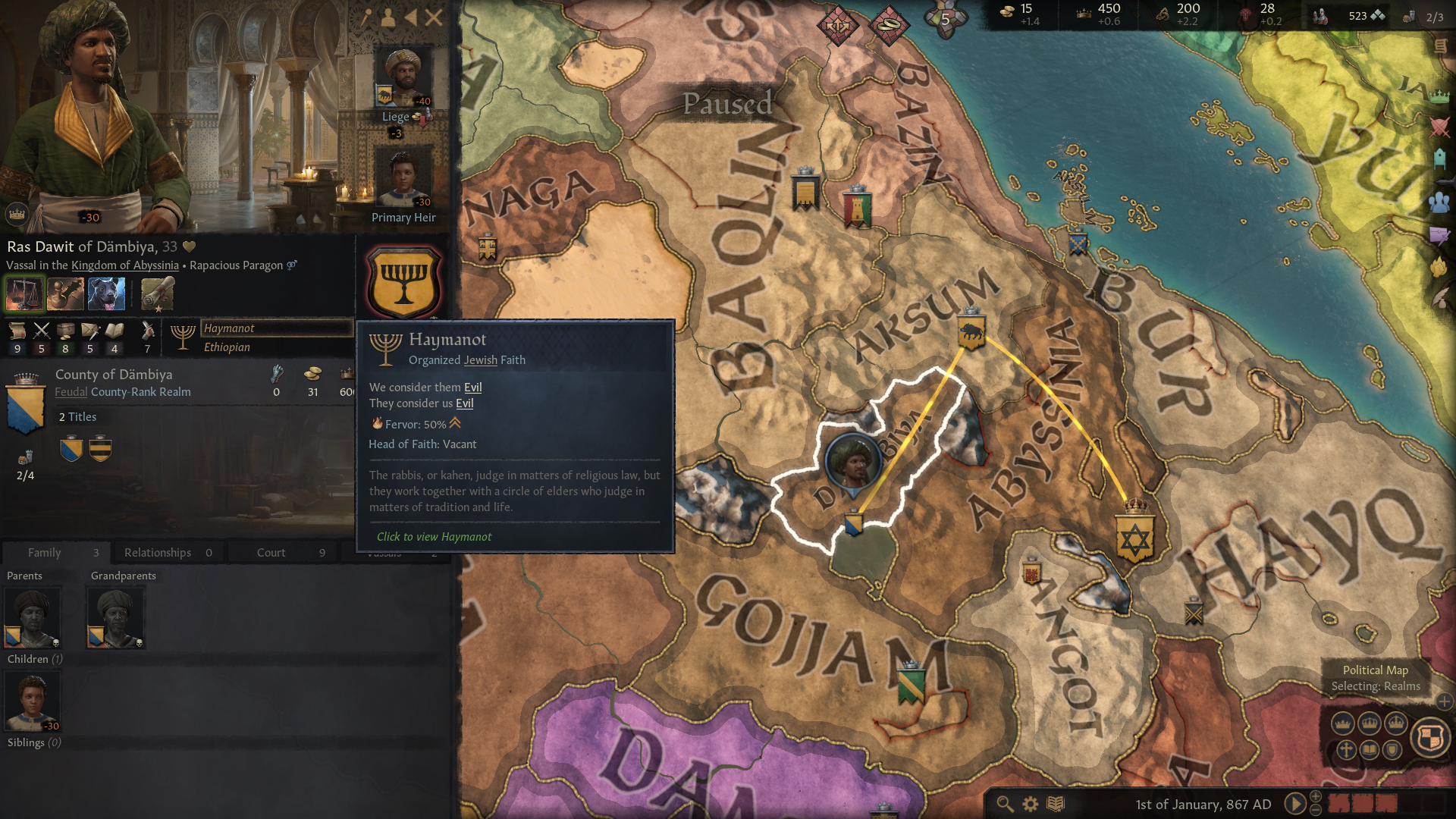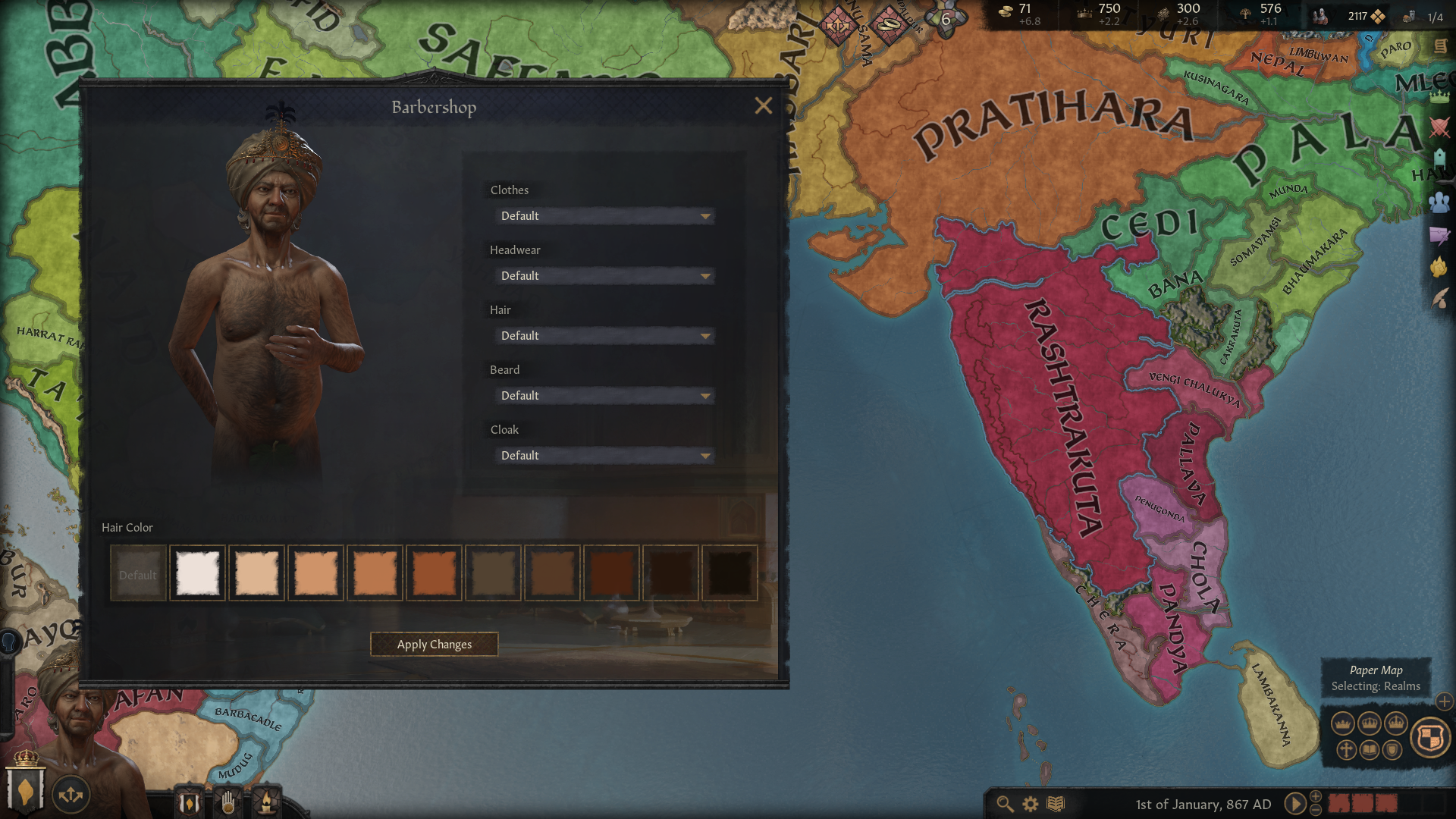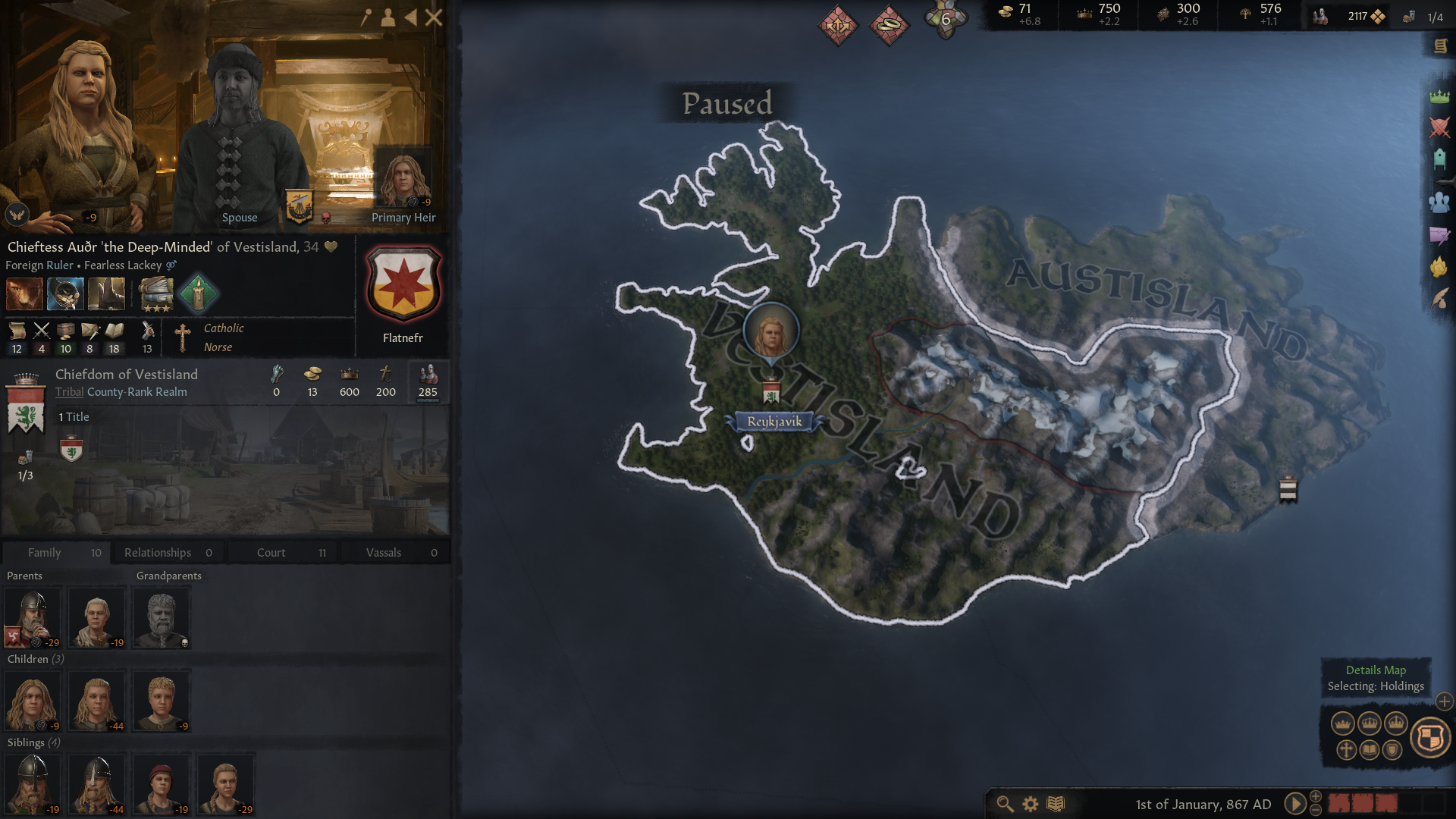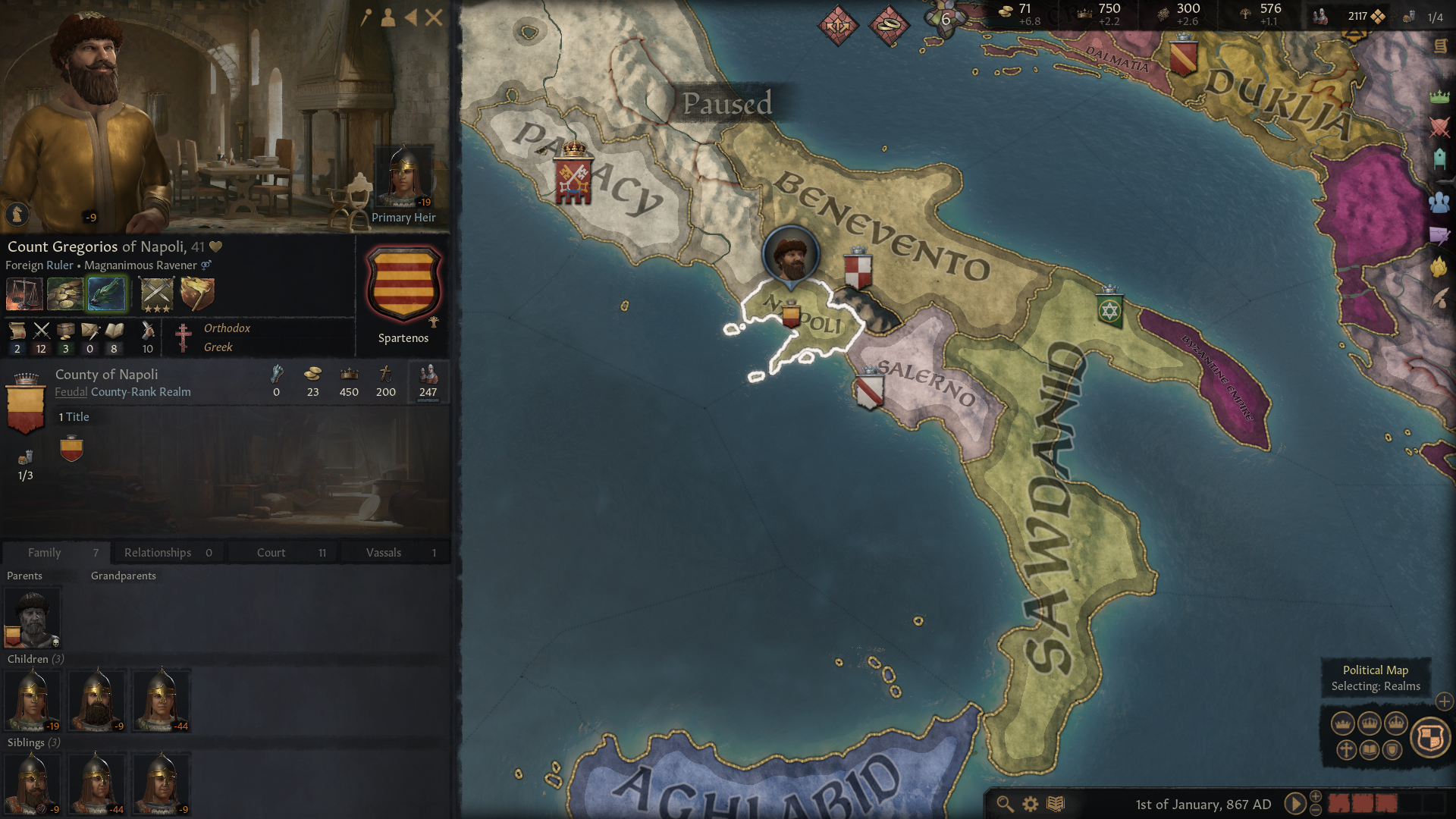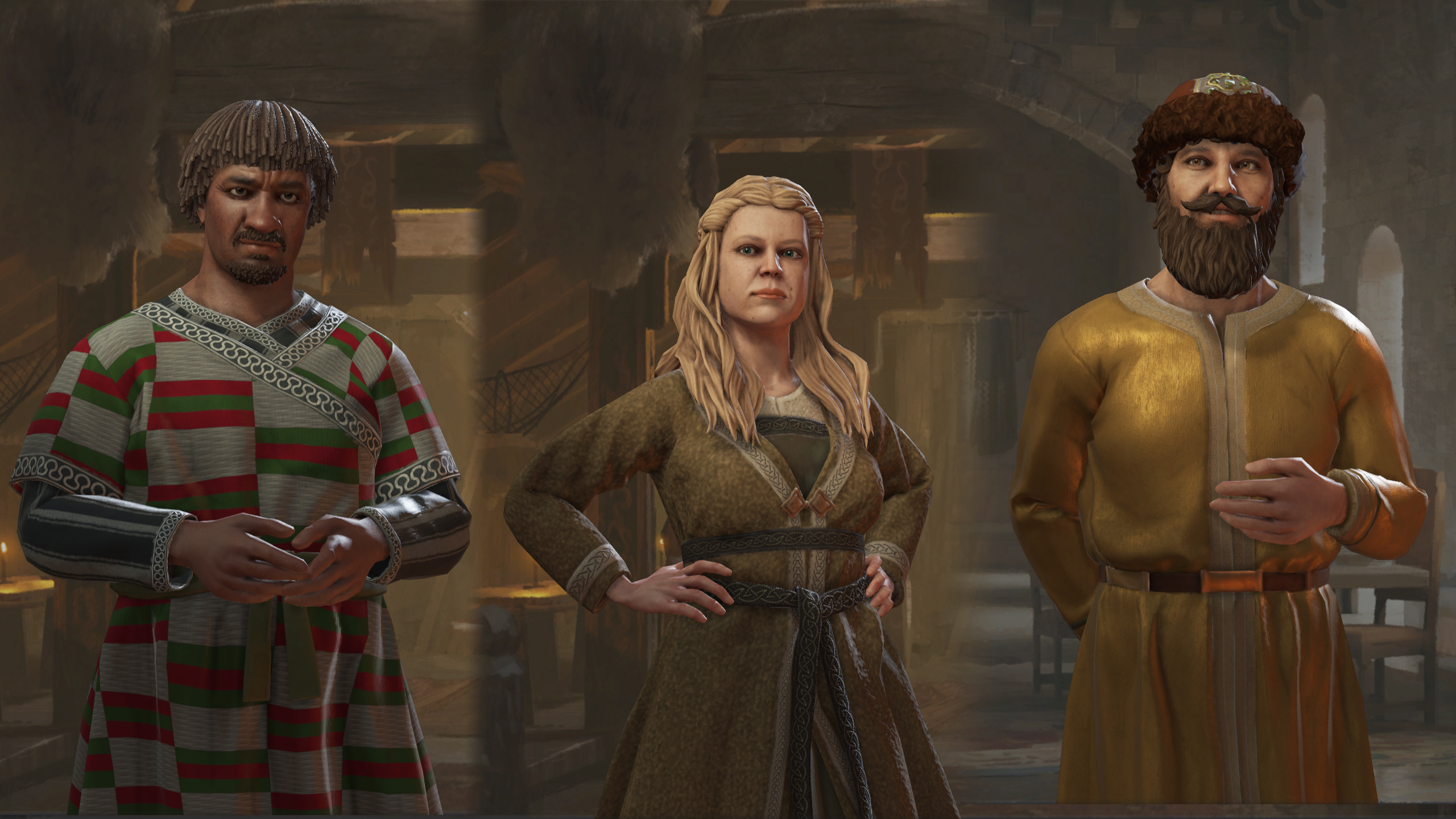
Keep up to date with the most important stories and the best deals, as picked by the PC Gamer team.
You are now subscribed
Your newsletter sign-up was successful
Want to add more newsletters?

Every Friday
GamesRadar+
Your weekly update on everything you could ever want to know about the games you already love, games we know you're going to love in the near future, and tales from the communities that surround them.

Every Thursday
GTA 6 O'clock
Our special GTA 6 newsletter, with breaking news, insider info, and rumor analysis from the award-winning GTA 6 O'clock experts.

Every Friday
Knowledge
From the creators of Edge: A weekly videogame industry newsletter with analysis from expert writers, guidance from professionals, and insight into what's on the horizon.

Every Thursday
The Setup
Hardware nerds unite, sign up to our free tech newsletter for a weekly digest of the hottest new tech, the latest gadgets on the test bench, and much more.

Every Wednesday
Switch 2 Spotlight
Sign up to our new Switch 2 newsletter, where we bring you the latest talking points on Nintendo's new console each week, bring you up to date on the news, and recommend what games to play.

Every Saturday
The Watchlist
Subscribe for a weekly digest of the movie and TV news that matters, direct to your inbox. From first-look trailers, interviews, reviews and explainers, we've got you covered.

Once a month
SFX
Get sneak previews, exclusive competitions and details of special events each month!
Crusader Kings 3 is nice enough to offer you some suggested starting characters, but a lot of them are well-known historical figures whose stories have already been told many times before. Sure, trying your hand at making William a Conqueror or reuniting Charlemagne's empire as one of his grandkids is a fine way to get started. But eventually, you may want to try something a bit weirder.
Here are seven suggestions for the 867 start you might never have noticed that provide some unique and entertaining challenges:
The Last Zoroastrians: Vandad of Gurgan and Wahsudan of Gilan
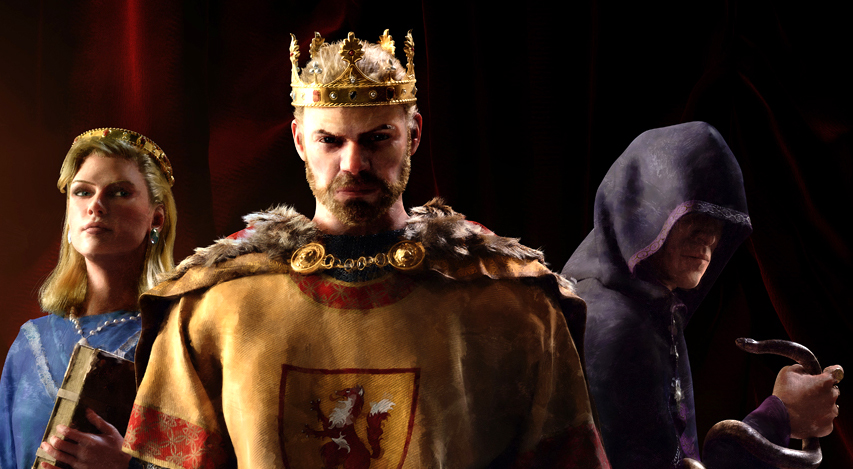
CK3 guide: Beginner tips to get you started
CK3 console commands: All the cheats you need
CK3 Intrigue: Become a master of the dark arts
CK3 religion: Control your population through faith
CK3 war: Vanquish your enemies
CK3 mods: From tweaks to total conversions
By 867, most of the former Persian Empire has been taken over by Muslim conquerors, but a significant portion of its people still follow the ancient Zoroastrian faith native to the area. Only two Zoroastrian rulers along the coast of the Caspian Sea remain independent: Vandad of Gurgan and Wahsudan of Gilan. Gurgan is a bit stronger militarily, but regardless of who you choose, you will have quite an uphill battle ahead of you against your expansionist Muslim neighbors. Try to get an alliance with your fellow Zoroastrian and focus on diplomacy to make friends with the Muslims and secure your borders until you're ready to strike back. If you can secure three holy sites, you can restore the Zoroastrian priesthood. And if you restore the Persian Empire under Zoroastrian ruler, you will be proclaimed the Saoshyant, the prophesied savior of the world.
Echoes of the Pharaohs: The Kushites of Darfur
Is Zoroastrianism not enough of an unlikely comeback for you? In Africa's arid sahel, you'll find several followers of the Kushite faith, which is a branch of the same family tree as the ancient Egyptian religion followed by the Pharaohs of old. They are the descendants of a group who were once recognized as Pharaohs in Libya, in fact. Their holy sites are strategically placed along the Nile to encourage you to wind your way up to the sea from the South, taking on Coptic Nubians and Muslim Egyptians along the way before claiming Alexandria and the Nile Delta to reform your ancient ways. Unfortunately, you can’t actually claim the title of Pharaoh. But I’m sure modders will fix that sooner or later.
Beta Israel: Dawit of Semien
Just a short hop away in the Ethiopian kingdom of Abyssinia, the humble Ras Dawit represents one of the only playable Jewish rulers outside of the Khazar converts of the Pontic Steppe. He starts in a precarious position, being the vassal of a Coptic Christian duke who is, himself, the vassal of a Coptic Christian king. You’ll need to keep both of these men happy to prevent them from forcing you to convert or seizing your lands. Luckily, you begin with the Holy Site of Semien, which gives you a bonus to diplomacy and a combat advantage in defensive battles. If you manage to conquer your way back to Jerusalem, you can build the Third Temple and restore the Jewish priesthood.
African Vikings: The Bidaic Adventurers of the Niger River
We've heard about how vikings raided far afield in part thanks to their longships being able to navigate major rivers. In Crusader Kings 3, they’re not the only cultures with this ability. In West Africa, many cultures gain access to war canoes that can do the same thing. The followers of the Mandé Bidaic faith along the Niger River are particularly well-suited to take advantage of this. Like the Norse, they practice human sacrifice and can gain piety by raiding their neighbors for captives. And their swift ships give them access to the spoils at the heart of the rich Ghana Empire, as well as the entirety of what colonizers would come to call the Gold Coast.
The Naked Guy Who Is In Charge of A Third of India: Maharaja Amoghavarsha
Being a king of kings means no one gets to tell you to wear pants. Maharaja Amoghavarsha is one of the three most powerful men in India in 867 and follows the Yapaniya faith. A branch of Jainism, an ancient, pacifistic tradition of South Asia, its followers in Crusader Kings 3 refuse to wear clothes (unless you disable nudity in the game settings). That means this mighty magnate and his descendants will always have their powerful chests on display for all to see. Yapaniya rulers also have the Asceticism tenet, allowing you to go on vision quests and become a renowned Wise Man/Woman. What’s not to like?
Keep up to date with the most important stories and the best deals, as picked by the PC Gamer team.
Saga Girl: Aud the Deep-Minded
In 867, Western Iceland is ruled by Aud the Deep-Minded, one of the most well-known characters from the medieval Icelandic sagas. She shows up everywhere from the Saga of Erik the Red to Njal’s Saga, the national saga of Iceland. An early settler of the island, it's said that she arrived aboard a ship crewed by 20 men under her direct command, which was uncommon for a woman at the time. She also accepted Catholic baptism when most of her fellow settlers were still following the old Norse faith, and you'll have a decision to make between trying to convert Iceland (as happened historically), or returning to the old ways. Whatever you choose, your very high learning stat will assist you in convincing the other settlers to follow your lead.
Magna Graecia: Gregorios of Napoli
Naples, Italy was once the Greek colony of Neapolis. But by 867, there weren't a lot of independent Greeks left down in the bottom of the boot, a region once called Magna Graecia. Gregorios of Napoli stands nearly alone, surrounded on all sides by Catholics and having watched Sicily be divided up between the Muslim Sawdanid and Aghlabid Sultanates. Your strongest potential allies, fellow Orthodox Greeks of the Byzantine Empire, still have a foothold on the peninsula—but only just. Will you offer them your fealty or try to make it alone in a diverse but potentially hostile neighborhood?
Len Hafer is a freelancer and lifelong PC gamer with a specialty in strategy, RPGs, horror, and survival games. A chance encounter with Warcraft 2: Tides of Darkness changed her life forever. Today, her favorites include the grand strategy games from Paradox Interactive like Crusader Kings and Europa Universalis, and thought-provoking, story-rich RPGs like Persona 5 and Disco Elysium. She also loves history, hiking in the mountains of Colorado, and heavy metal music.
